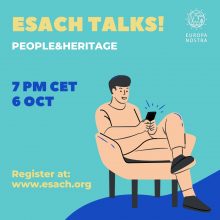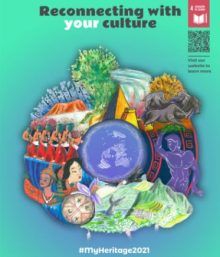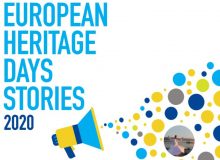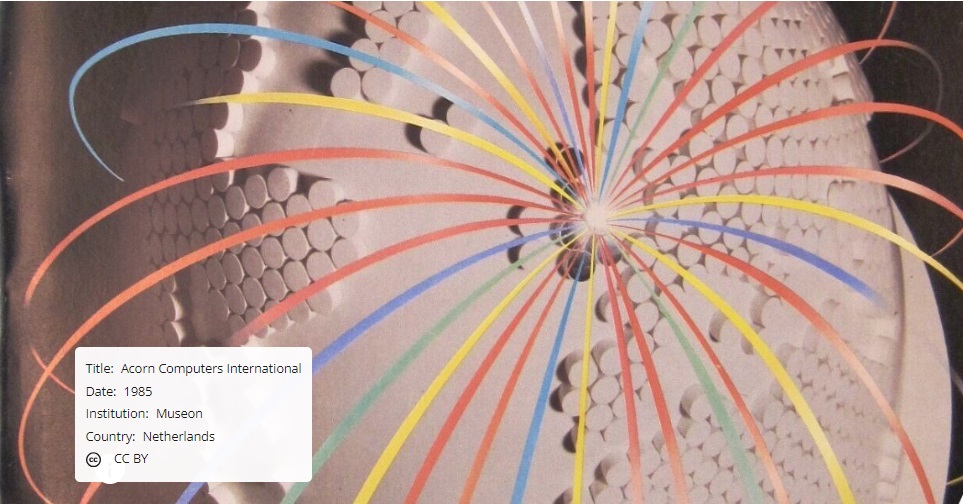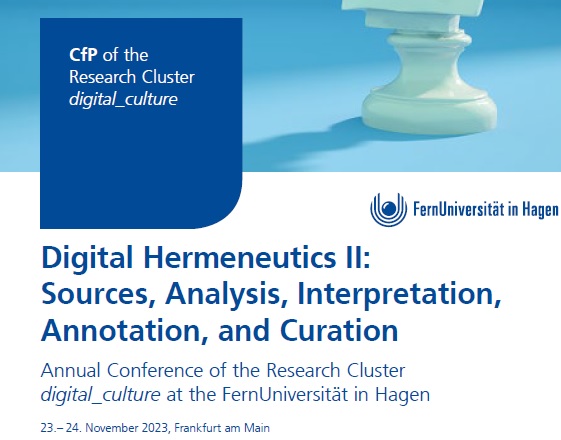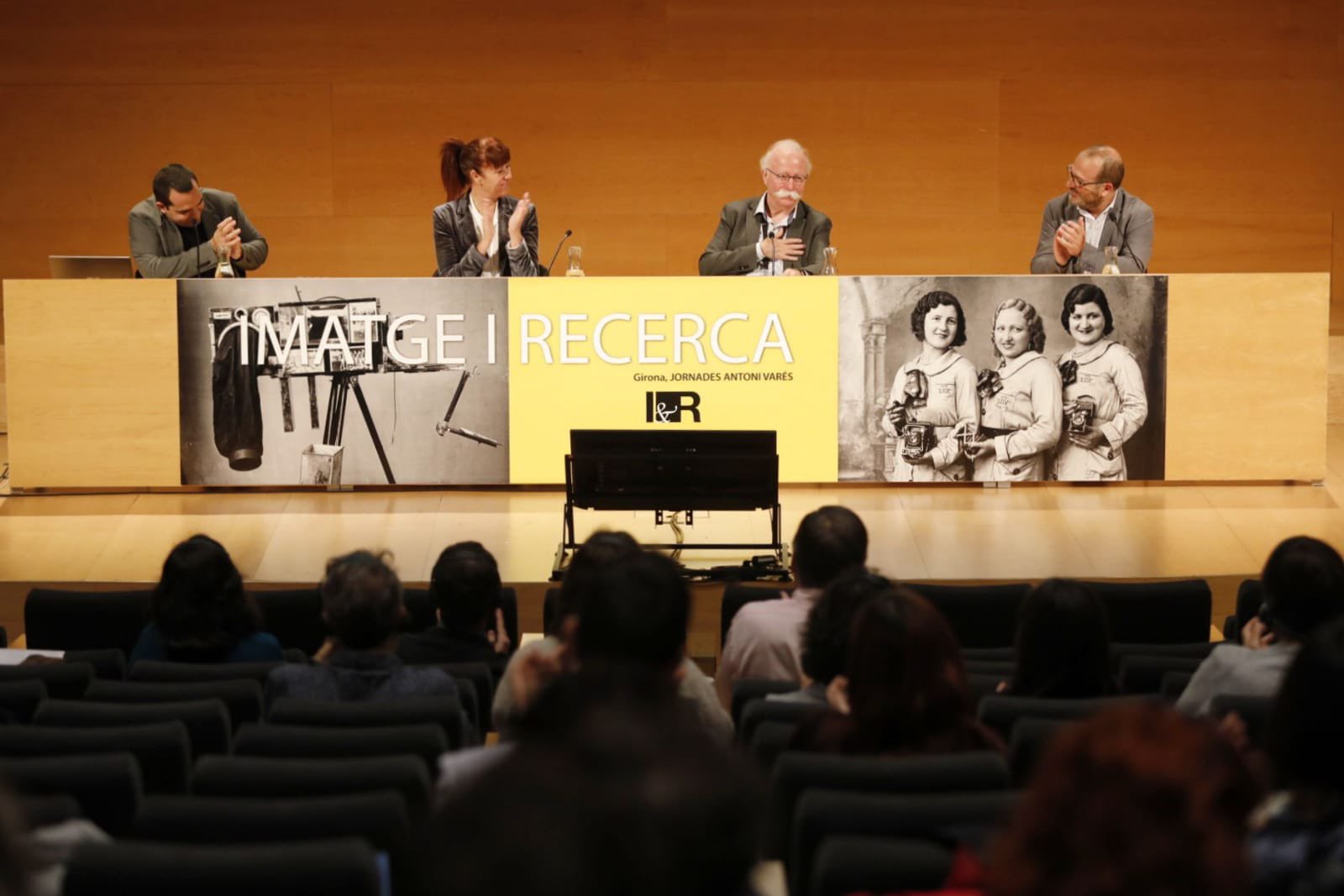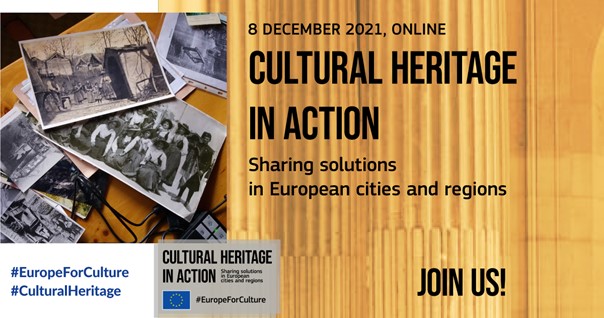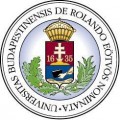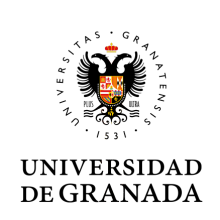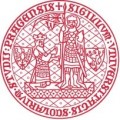The accessibility allows to fully live in the city and to fully understand and experiment with it, but, how can Cultural Heritage be accessible to everyone?
The third booklet of ROCK project, published last February, addresses this question.
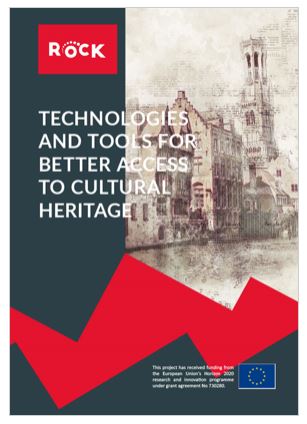
The urban accessibility must be considered not only in relation to places but also in relation with people: it is not only the possibility to easily access places, making life in the city more fluid, but it is also the access to experiences able to connect different cultures.
The urban accessibility will be really universal if be discussed within communities and not only inside the traditional institutions.
The book debates how to improve accessibility and experience of cultural heritage using various tools and technologies.
ROCK considers all the aspects that determine and influence the full participation in urban life:
- physical and economic barriers,
- equal access to institutions,
- cultural productions,
- participation (including cultural events, meetings with other people, etc.) and empowerment of citizens,
- information and opportunities
- digital services and digitally shared content
The ROCK project aims to understand and test actions that make the perception and experience of cities open to everybody; in this publication it presents 5 examples of cities, where ROCK has studied approaches to improve accessibility in urban districts:
- Bologna (Italy): U-Area for All – Cultural heritage for all five senses
- Lisbon (Portugal): Marvila and Beato Interpretive – Centre Citizen engagement for cultural heritage in distant neighbourhood
- Lyon (France): Let there be light! – Cultural heritage and light management
- Turin (Italy): Abbonamento Musei – Heritage in everyone’s hands
- Vilnius (Lithuania): The colour of data – Using open data and neuroanalytics to strengthen cultural Heritage
Further information:
Booklet “Technologies and tools for better access to cultural heritage”.



